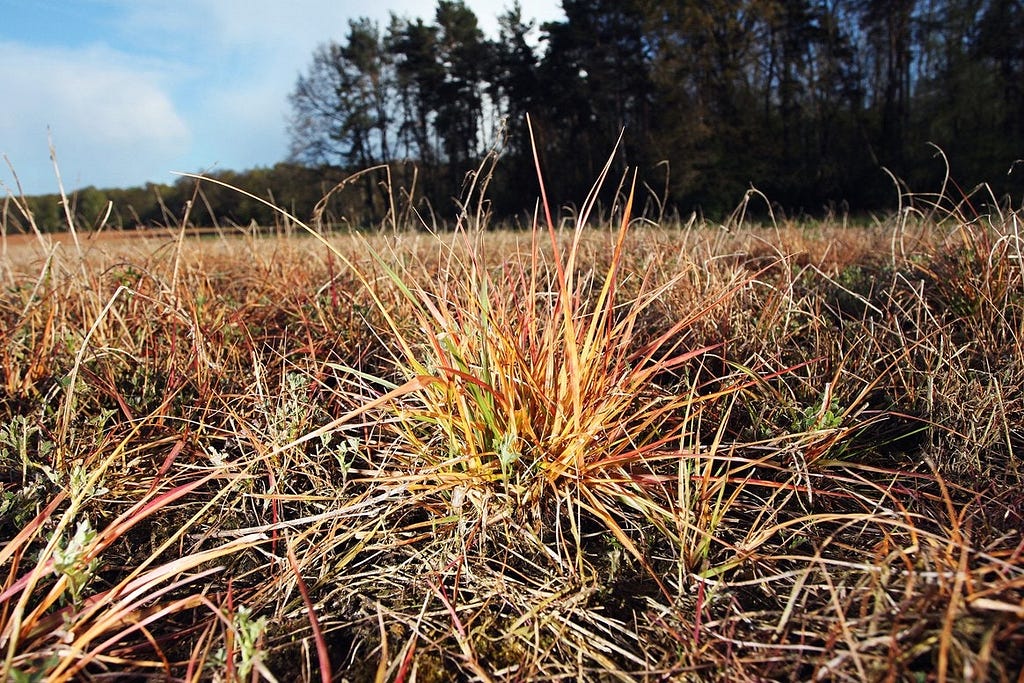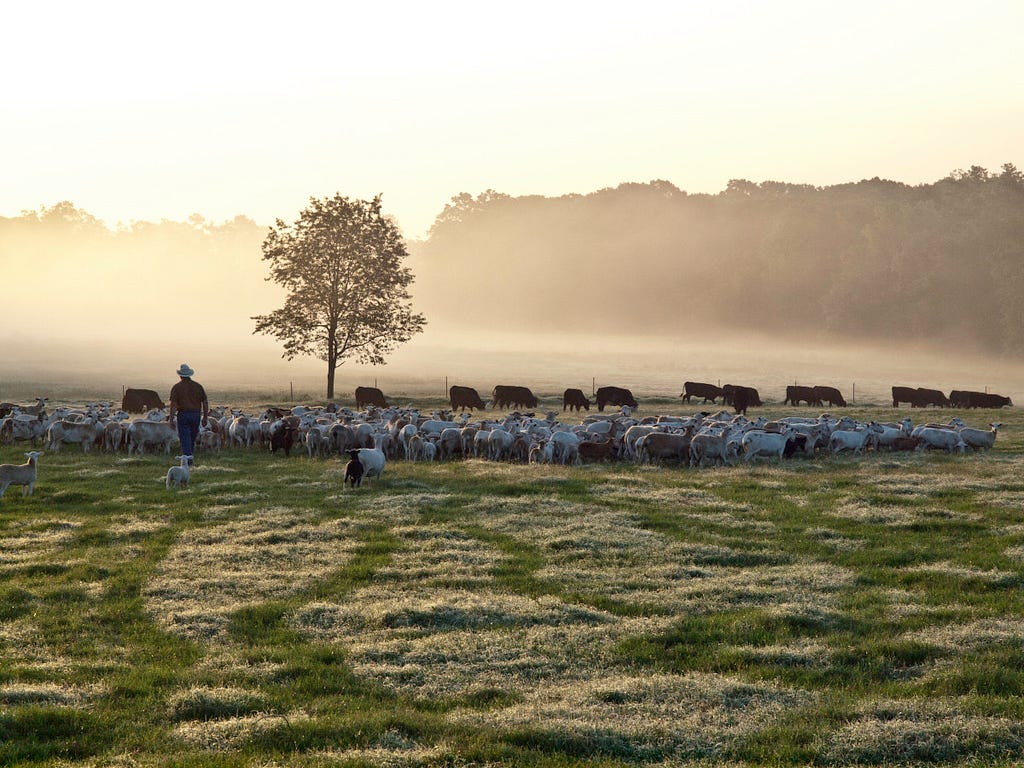
I had the pleasure of listening to Zach Bush MD talk this week on the Biome, and it felt a timely conversation. Whilst Cononavirus is a real and present danger - no doubt, there are bigger and greater issues at play and this rise in killer flu viruses may be pointing at a larger and deeper issue around the health of our planet (and us).
Zach Bush is and was a doctor first, having worked in palliative care, internal medicine, and endocrinology. He began a career in cancer research and chemotherapy/ drug development, but was increasingly frustrated at finding his work not treating the cause. This lead, to his starting to look at the real stem cause of all the chronic diseases and cancer that he was seeing daily. Redirecting his attention to nutrition and chronic inflammation, Zach began looking at ways that he could track the reason we were seeing this issue rise across the western world.
Be it auto-immune, diabetes, Alzheimer’s, cancer and a multitude of other diseases, chronic inflammation is now commonly understood to be a key marker. The interesting point that Bush makes, is that a common thread of this inflammation found in modern-day is seen in our biome, and this is being affected by pesticides found in farming.

There has been a lot of mention in the press recently with Roundup with lawsuits being won against Bayer (owners of Monsanto who make Roundup) currently up in the billions of dollars. The issue is of the cancer-causing ingredient Glysophate. Prior to the ’90s Roundup was used as a weedkiller, but since the late ’90s Roundup has been used in conjunction with GMO seed in almost 90% of corn crops in the US, and extensively elsewhere in farming in both the US and in Europe. It was Zach Bush who began to see the correlation when looking at soil health — He spoke about this with Nicole Karlis in an article in The Salon
“Yeah, it was totally by accident on my side. So, I was studying soil, found some carbon molecules made by bacteria and fungi in soil, and therefore, in our gut, as well, that had medicinal qualities similar to the chemotherapy [drugs] I used to make. And that was the sudden “Aha!” moment that closed the question of, “How come, when we’re missing some bacteria, we get cancer?”
The trick, Bush explains, is to view Glysophate less as a weed killer, but more as an antibiotic for soil. By killing the microbiome of the soil as well as all plants it comes into contact with (excluding the GM plants that have been developed in conjunction with its use). It ultimately sterilises the nutrients, the natural biome, the fungi the ‘goodness’ in healthy soil, which feeds the food and ultimately feeds us. It is the natural defence of nature.
We are now all familiar with the link between gut health and mental health, with the stomach often being touted as the ‘second brain’. Bush draws the link between the use of Glysophate with the massive increase of Autism in the US. Zach writes in his blog that “Autism spectrum disorder has risen in prevalence from 1 in 5000 children in 1975 to 1 in 36 children in 2016, and the rate has been doubling every 3–4 years in the last decade in the US. We are on target to experience 1 in 3 children with Autism by 2035, just 16 years away”.
The news has been filled with warnings that the ‘superbugs’ are going to be humanity’s greatest risk in the future. We know the issues around regular antibiotic use and we’ve all seen a decrease in their prescriptions issued in the NHS over the last few years. I’m sure you have all been taking probiotics in our daily defense armor for our modern-day lives. Some of us may have been buying organic, farmer direct food, some of the time or when you can find it. Some of you may not have seen the point. But if Bush’s hypothesis is correct, and it’s not just antibiotic use in animals we need to be concerned with but the soil, then where do we go from here?

Whilst the message Bush carries is weighty, his enthusiasm for change is encouraging. This is a blog built on hope and inspiration and our strong belief that we humans are resilient and the ability to move fast when called. And the time is ripe. Collaboration with nature and her circular way of working is the solution and there are people already leading the way. Bush claims that even within a year of Regenerative Agricultural practices can you see the soil begin to repair itself, the natural systems returning, the earthworms doing their thing. “Regenerative Agriculture increases yield efficiency, resilience to climate fluctuation, and strengthens the health and vitality of all the members of our communities, now and for generations to come. These systems draw from decades of scientific and applied research by many global communities, including those working on organic farming, agroecology, Holistic Management, ecological restoration, and agroforestry”. Paul Ceregrino
Too good to be true? It’s definitely worth further digging. More reading to be found on this subject below -
Learn more about Regenerative Agriculture and it’s definition here
Learn more about the organisation Farmers Footprint
Why Coronavirus will shift the way we look at the way we live
An interview here with Zach Bush is worth a read
Grains with detectable Glysophate





Leave a comment
This site is protected by hCaptcha and the hCaptcha Privacy Policy and Terms of Service apply.